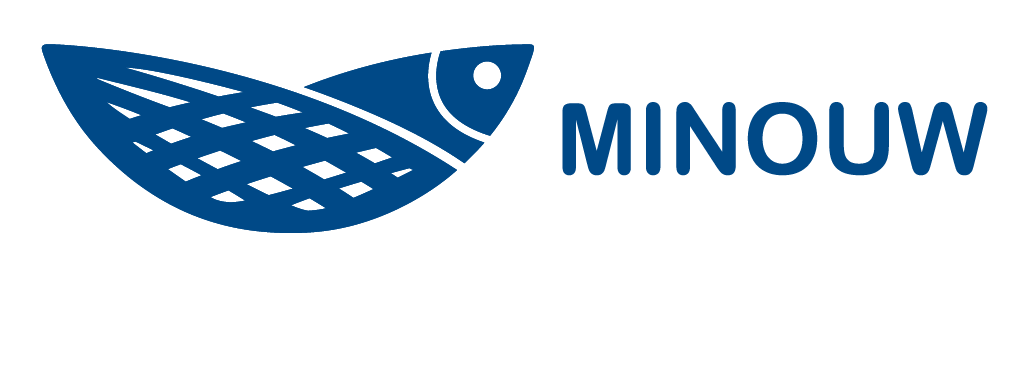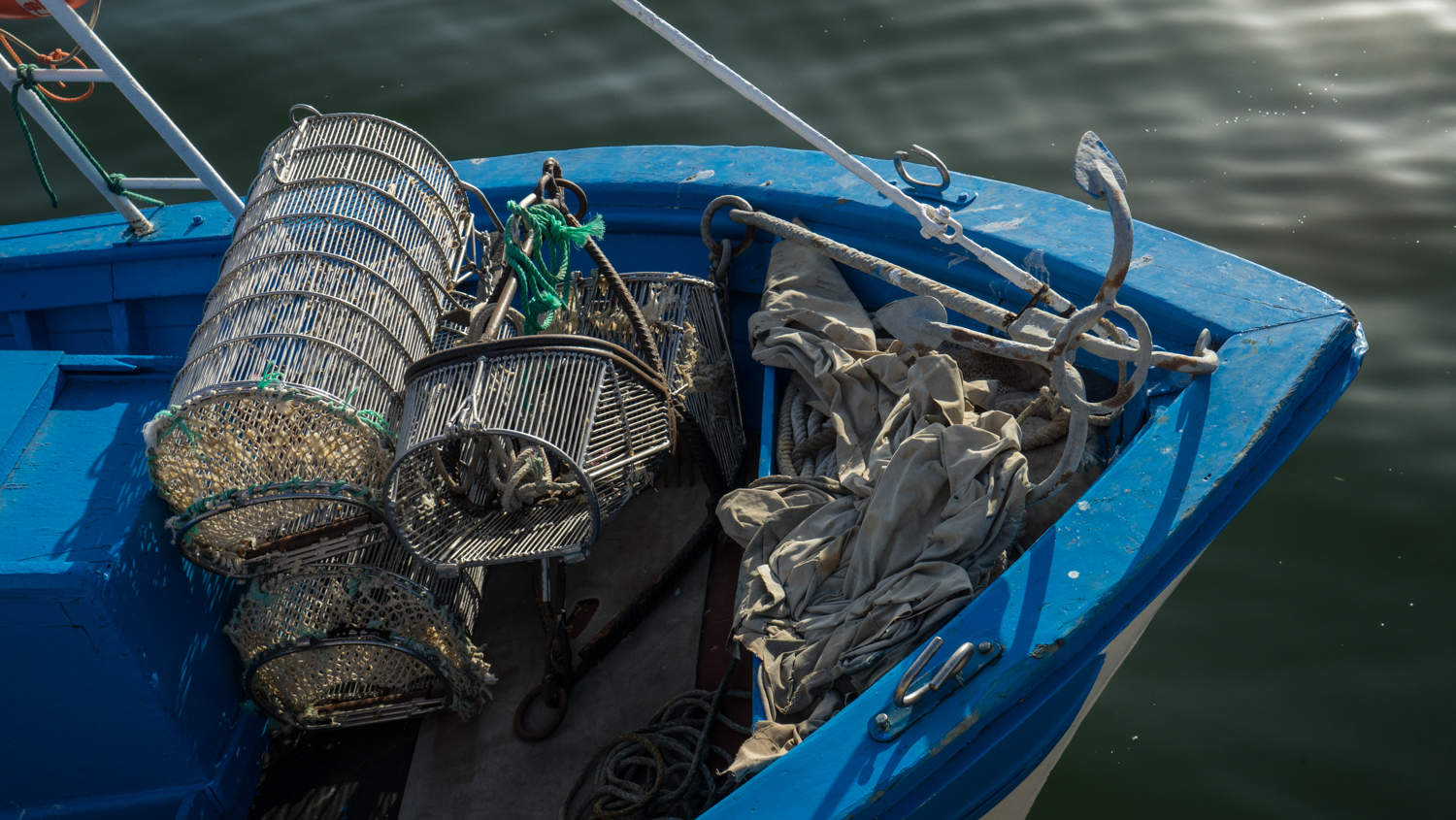MINOUW has carried out a series of studies looking into the socio-economic impact of fishers adopting more selective fishing gear. Our research conclusively finds that more selective fishing methods benefit both the marine environment and fishers; helping rebuild fish stocks, reduce discards and increase profits
Using various modelling techniques, we studied the socio-economic impact of some of the more selective fishing gears that have been field-tested during the project. We also studied the impacts of the economic effects of the Landing Obligation, looking into the increased expenses fishers face in sorting their catches and disposing of unwanted catch.
Fishers facing the costs of the Landing Obligation
The implementation of the Landing Obligation clearly places a new financial burden on fishers, including increased costs for time and labour in sorting catches, and the costs of disposing of or storing discarded catch.
Selective fishing methods which will help reduce these costs are available, but fishers are put off by the upfront expense of modifying their nets. The EMFF offers funding support to meet 60-80% of these costs, but to date fishers have taken up only a fraction of these funds.
Many fishers also remain unconvinced that the short-term investment in selective gear will bring long-term benefits, or have a significant impact on the level of discards and by-catch they produce.
Improving selectivity boosts profits and rebuilds fish stocks
MINOUW’s research clearly shows that the adoption of more selective fishing gear will BOTH increase profitability AND increase the health of fish stocks. It brings significant economic and ecological benefits to fisheries.
Several of our studies show that greater selectivity helps ensure the rebuilding of fish stocks, because undersized target catch (particularly juveniles) can escape and grow to maturity, and because less non-target catch is landed or discarded, contributing to a healthier marine ecosystem.
In the long-term, fishers will benefit from increased yields as stocks of target species are replenished. In the more immediate future, they will profit from reduced sorting and disposal costs, and a decrease in net damage caused by non-target catch.
“Hake yield increased six-fold and discards decreased more than 20%.”
María-José Guttiérez, one of MINOUW’s lead researchers, co-published a research paper in Scientia Marina 82S1 in June 2018 which shows that southern Iberian hake stock levels have stabilised and are growing because of the increased use of selective fishing gear. Hake yield increased six-fold and discards decreased more than 20%. The authors noted that “measures that improve selectivity obtain better results than sales ban strategies in terms of increasing yields and stocks and reducing discards.”
The Viareggio fleet fishing for caramote prawn in Tuscany showed in 15 experimental trials that guarding nets reduced discards of crabs and gastropods by a massive 4.5 tons per year – 75% of previous discards. This represents an immediate saving in fishing days available to fishers through cutting time and labour in cleaning nets and reducing the cost of replacing/repairing nets. It is also an immediate boost to the stock of caramote prawn, crabs and other gastropods.
Essential to promote new solutions for sustainable fishing practices
We need to bring fishers up to date on the findings of new research, convince them of the long-term economic and ecological benefits of adopting more selective fishing methods, and ensure they know about which techniques or modifications could be most beneficial for them. For example - Gearing Up has provided an online tool for selective trials and gears which shows clearly which have been found to be most effective in each fishery.
Continuing to test and research the effectiveness of alternative fishing practices and gear will be essential step towards identifying new solutions that can improve selectivity in our fisheries. Working closely together is the only way to find practical and effective solutions, share knowledge of these throughout the fishing industry, and ensure productive and sustainable fisheries for the future.
Additional information
Bioeconomic analysis of the effects of modifying the trawl extension piece with T90 netting (.pdf)
Mitigating unwanted catches in the southern Iberian hake stock fisheries (.pdf)
Additional socio-economic results
Gearing Up online tool



